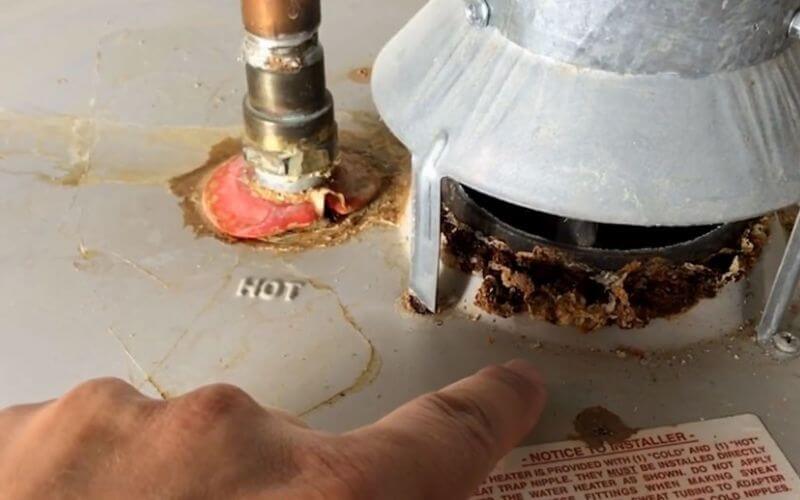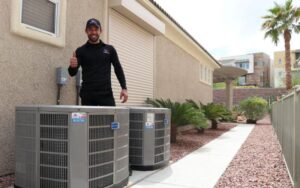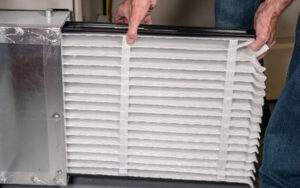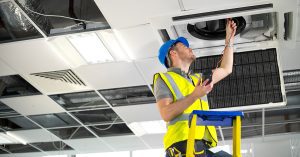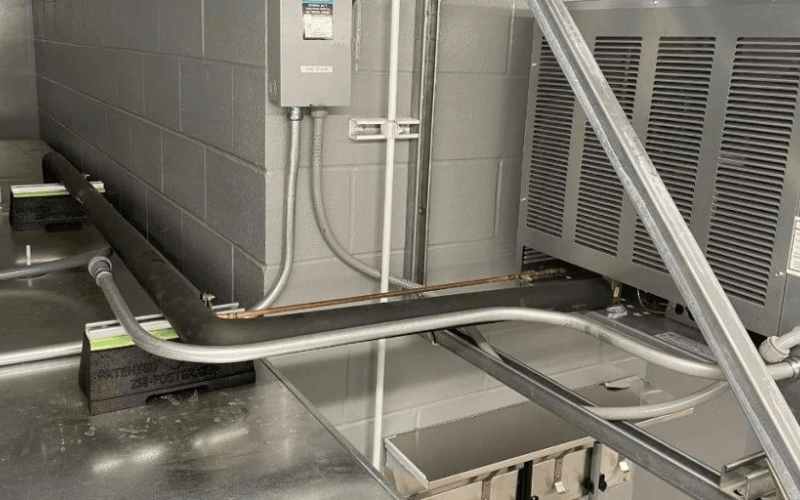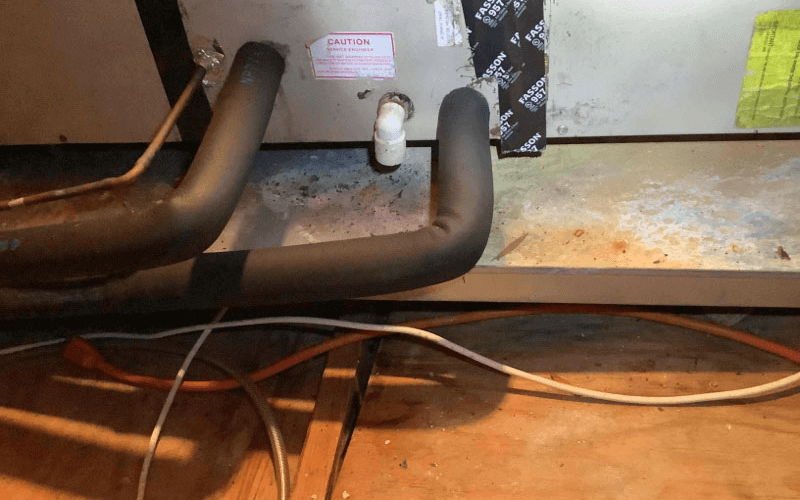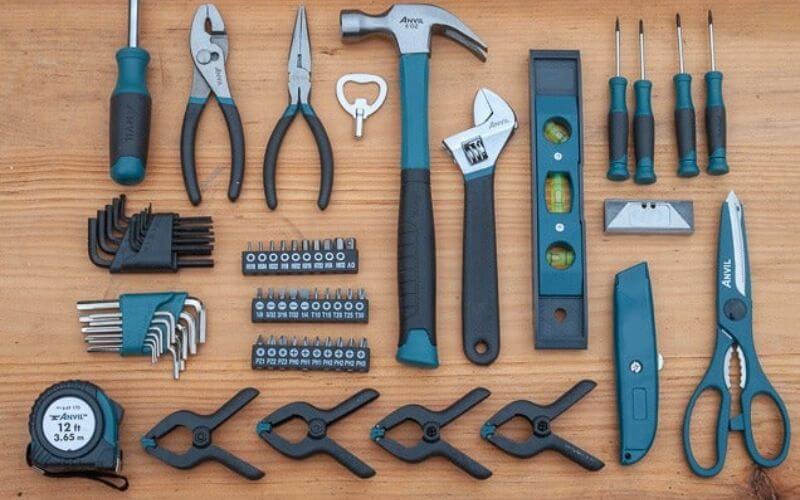A water heater is a must-have device in today’s home, providing the comfort and convenience of hot water for various daily duties. The presence of a water heater considerably improves our everyday routines, whether it’s a soothing warm shower, sterilizing dishes, or assuring clean laundry. But despite the convenience, there is a very important question to answer: Can a water heater explode? This blog post will address this worry by pointing out the warning signs, causes, and steps that can be taken to reduce the risks of water heater explosions. You can keep your family safe and enjoy the benefits of a well-functioning water heating system by taking preventive steps and figuring out what could go wrong.
Table of Contents
ToggleCauses of Water Heater Explosions.
The water heater does not blow up for no reason. Some faulty parts must have caused the heater explosion. Here are some causes of the explosion:
Gas Leakage:
A gas leak could hurt your health, and an explosion could happen anytime. An explosion could happen if the ignition flame lights the fuel that has gotten out of the water heater. To avoid this, even small gas leaks need to be fixed as soon as possible.
High Pressure:
The pressure in the tank goes up when the water is heated. For your heater to be safe, the pressure and relief valve must be able to let out the pressure that has built up in the tank.
If the pressure and relief valves don’t work, the high pressure caused by the heating process can’t get out of the tank. As pressure goes up, there are more explosions in water heaters.
Also, Read: How Often Do Water Heaters Explode
Thermostat Problem:
The built-in thermostat turns on the gas burner when the water temperature in the tank drops below a certain level, usually 80 or 90 degrees (two in an electric device). The thermostat also tells the electric ignition to turn off when the water in the tank has reached the temperature the homeowner wants.
When the thermostat on a water heater breaks, the tank fills with cold water and needs to be fixed. If the gas burner stays on because the thermostat doesn’t work, the water in the tank quickly builds up pressure, which heats the water much more than the target temperature. If the pressure relief valve works right, most of the extra steam and pressure will be released before the device is turned off.
Water Heater Explosion Warning Signs.
If you’re concerned about a water heater explosion, here are a few things to consider. If you see any of these problems, it’s time to call in a professional for a water heater inspection.
Faulty Pressure Valve:
When water is heated, the pressure valve on your water heater keeps things from becoming too tense inside the tank. However, the safety systems designed to prevent this from happening can occasionally fail. As a result, the pressure valve begins to leak, indicating the presence of a potentially dangerous situation.
Also, Check: How to Determine the Scrap Value of Water Heaters?
Rotten Egg Smell:
Sulfur emission indicates a gas leak and often gives a rotten egg odor. We can all guess what will happen if you fire the pilot on the gas tank of your water heater. If you notice a weird odour around your water heater, you should immediately contact a specialist.
Popping Noise:
You should drain your tank at least twice a year to remove the silt that accumulates at the bottom. If sediment levels become too high, submerged water and air can produce pressure and make popping sounds. This, like excessive water pressure, can cause your water heater to explode.
Faulty Installation:
This one is a little trickier because you’re probably not a water heater-detecting specialist. Several causes can contribute to a water heater explosion, including Gas Leaks, pressure buildup, and faulty installation.
Brown Water:
If you discover that your water has turned discolored, you should have it checked by a professional. If you disregard this warning message, a water heater explosion will occur, putting you and your family in danger. The water from your home’s faucets should never become cloudy. A brown color in your water could be caused by rust or sediment buildup in your water heater pipes.
Also, Read: Can the Water Heater Explode If Turned Off?
How to prevent water heater explosions.
If you want to keep your home safe from water heater explosions, keep the following in mind:
Scheduled Maintenance:
Use a trustworthy plumbing company if you don’t want to waste money on inefficient repairs.
Make an appointment with a licensed plumber for an annual inspection. A licensed plumber can assist you in locating gas leaks and other plumbing issues that are wreaking havoc on your property.
Install if you Have Experience:
Although it may be tempting to try to save money by installing or fixing your water heater yourself, you should avoid this. If the item is not fixed or installed properly, there is a considerable chance of explosion. DIY water heater installation instructions should be avoided at all costs.
Examine the Safety Valves:
Water heater explosions are typically triggered by failing to inspect the pressure valve. The most basic way to avoid a faulty water heater is to check the pressure and relief valves.
Maintain a Low Temperature:
Even if all the parts are in good working order, increasing the temperature range needlessly can cause your water heater to explode. As a result, don’t let the temperature climb above 130 degrees Fahrenheit.
Conclusion.
Most of us find it interesting when Mythbusters shows videos of water heaters exploding, but these explosions aren’t pretty and can damage property. It is very important to keep the peace and ensure this doesn’t happen. A home explosion is less likely if the pressure and relief valves are checked regularly and if gas leaks

